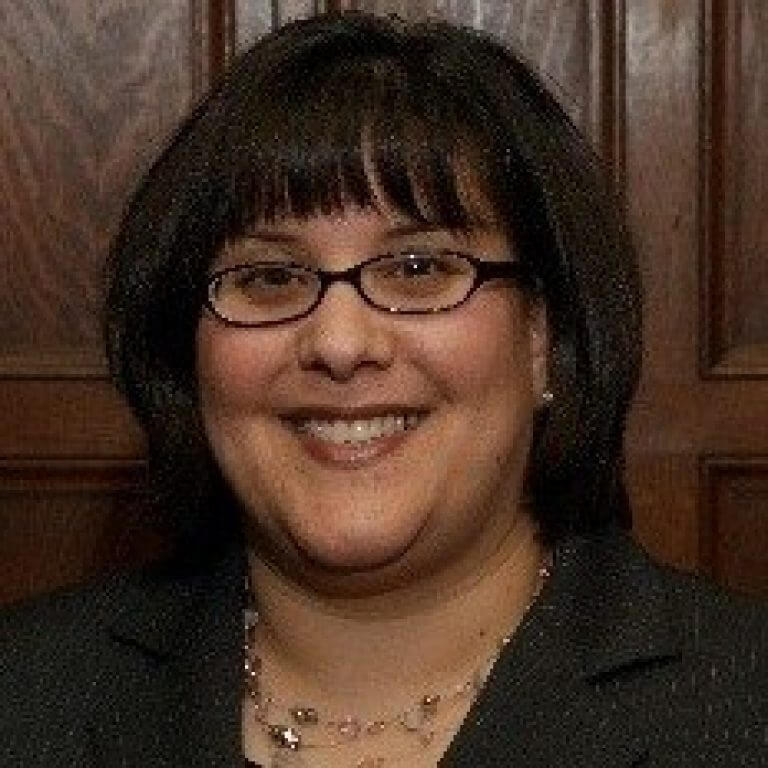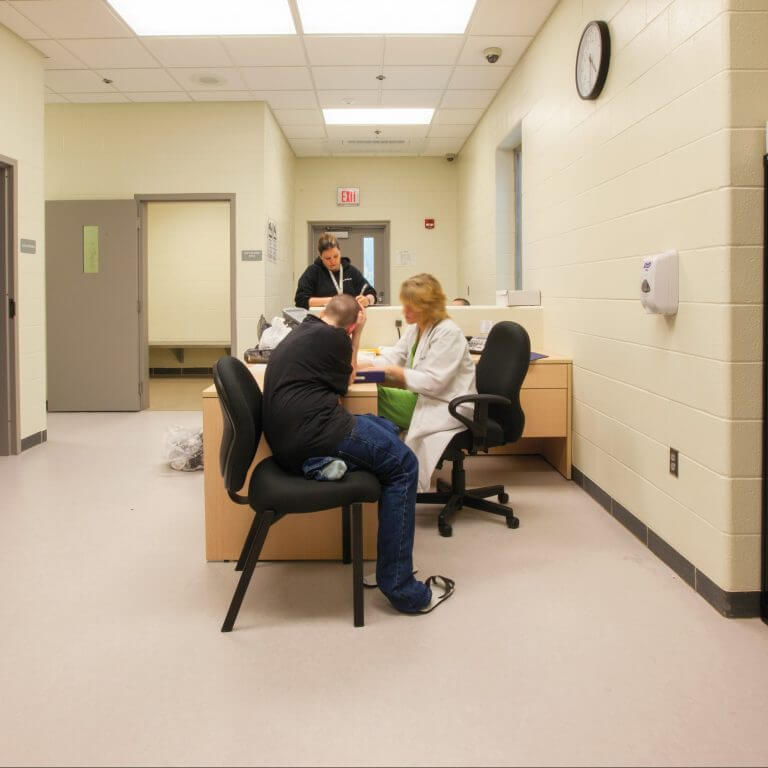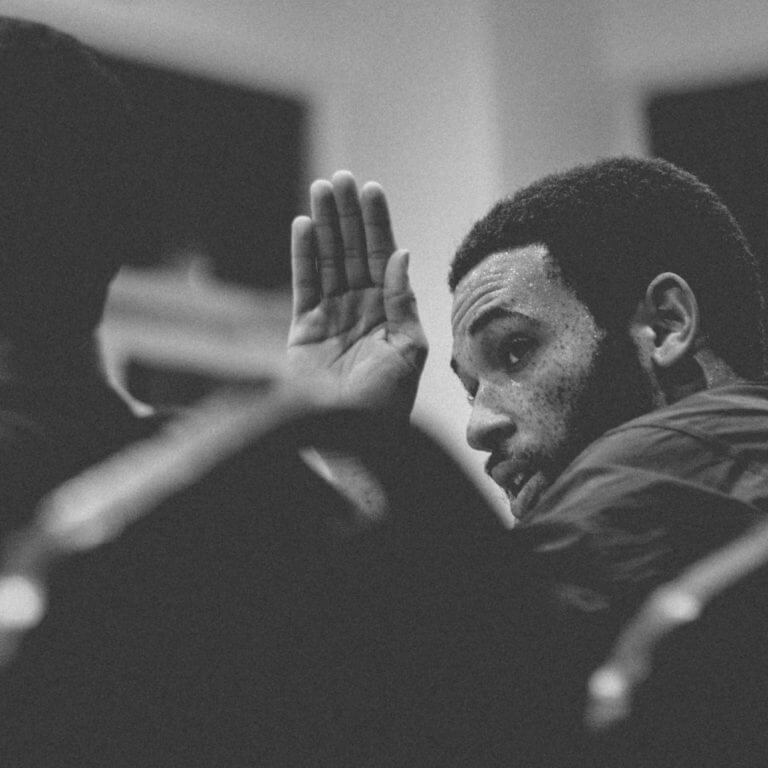Now accepting applications from organizations interested in hosting a 2025-2027 Emerging Leader Fellow. Apply here
The Challenge
The Adoption and Safe Families Act established goals of “safety, permanency and well-being” for all children in the dependency system. “Well-being” is a difficult, yet crucial, element to measure, since system-involved youth often experience emotional and behavioral health challenges as well as physical and chronic health problems. If left undiagnosed or untreated, these challenges make it less likely for children to succeed in school, find stability in placement, and transition successfully to adulthood. The child-serving community needs a sustainable and strategic model to pursue child well-being, along with a trained workforce to make that model real.
The Project
Through her Stoneleigh Fellowship, Christine Trinkl Dougherty worked to advance a model of child advocacy that integrates representation and services for the “whole child,” with a specific focus on their physical and behavioral health needs. To this end, Christine conducted research on the health needs of court-involved children and youth, between 10 and 14 years of age, who had been placed in out-of-home care. Informed by this research, Christine developed a case tracking mechanism that included specific physical and behavioral health data for each child. She provided training sessions to the child welfare community on the integration of well-being into dependency court proceedings and compiled policy recommendations for the Department of Human Services and the courts on how to integrate measures of well-being into their everyday practice.



